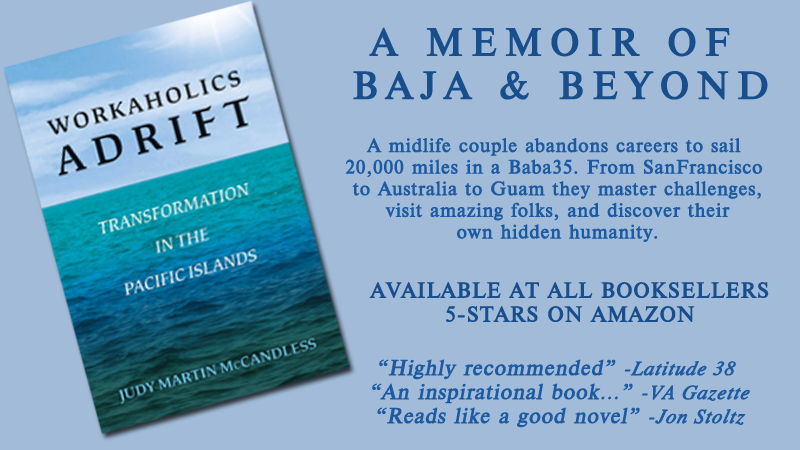
International 110 National Championship on Scenic Tomales Bay
Inverness Yacht Club hosted the 82nd International 110 National Championship regatta on Tomales Bay on August 8-12. With the largest 110 fleet in the US, InvYC hosts the regatta every three years. Twenty boats competed in this year’s regatta, including two father-son teams from the recently formed fleet on Bainbridge Island, WA. Two more family teams came from Hull YC outside Boston, MA, with five-time Nationals champion Tom Craig crewing for his son Stewart, and 2013 champion Ross Weene from Bristol, RI. In all, five boats competed with family crews, which is always great to see. And as class president and chief promoter Milly Biller likes to say, the 110 Class is a group of best friends that see each other once a year.
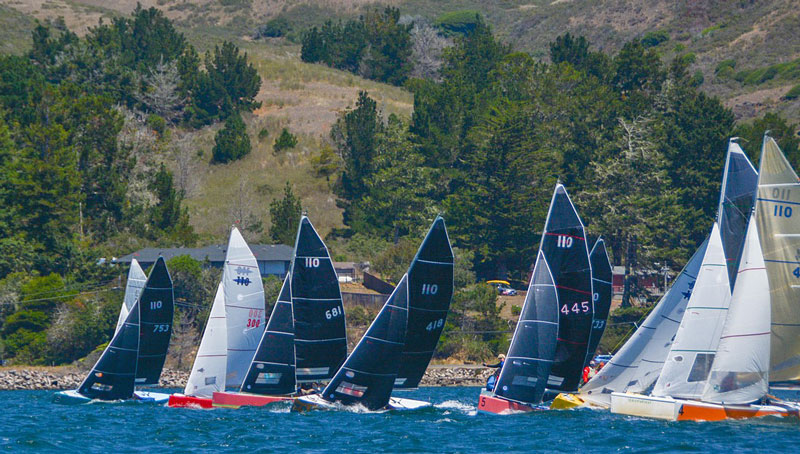
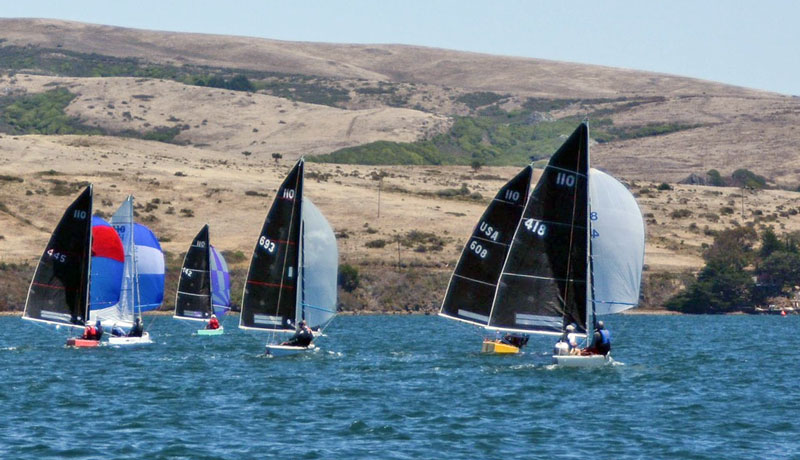
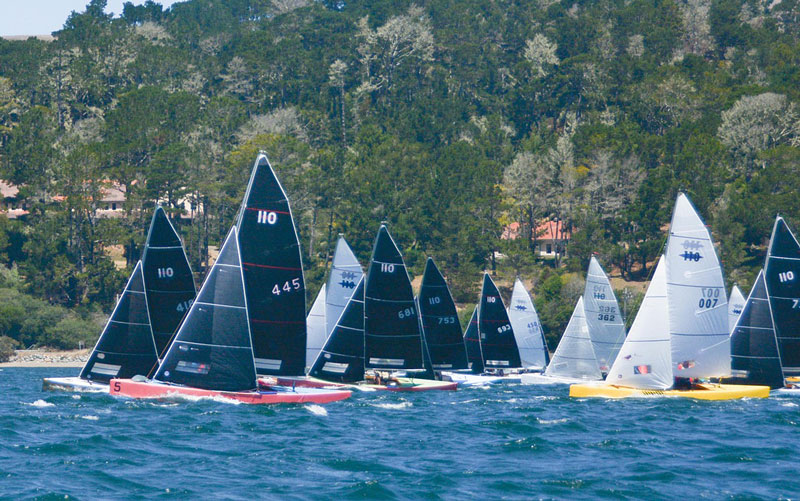
The International 110 is a narrow, 24-ft, double-ended, two-person keelboat with a trapeze. They were first built in 1939. In the 1950s and ’60s, they raced actively out of Richmond YC. Since then, the center of gravity of the class has migrated an hour’s drive away to Inverness YC, where there are more than 20 boats.
The National Championship regatta is a seven-race, one-throwout series raced over four days. This year, Tomales Bay served up its typical west to WNW breeze. Wind strength for the first two days was 6-10 knots, with occasional gusts in the mid-teens. For the final two days of racing, the wind piped up to 15-18 knots, with gusts over 20. Racers contended with puff wind shifts of up to 30 degrees at times — all too common on Tomales Bay.
On Day 1, veteran 110 sailor David West, and Skip Allan, a renowned sailor who’s new to the 110, each won a race. However, with two seconds, Ross Weene led Skip by one point. This was a harbinger of how Ross and Skip would duke it out for the rest of the series.
The wind on Day 2 was also moderate, but with more dramatic wind shifts than on the previous day. Once again, Skip Allan and David West each scored a win. Ross kept his 1-point lead over Skip with a second and third.
Day 3 brought the more typical strong westerly, which presented more challenges for the competitors. Bren Meyer and Erik Bentzen each won a race. Skip Allan took a 5-point lead over Ross Weene, who shrimped and fouled his spinnaker while leading the first race and finished ninth.
With six races completed, each team’s worst score would be thrown out after the seventh and final race. To win the regatta, Skip needed to beat Ross, or have Ross finish fourth or worse. As expected, both teams kept a close eye on each other. They traded off leading the fleet for the entire five-leg race.
Video of Race 7, shot by Ashley Tobin. “Skip and Ross (yellow boat) were tied going into this race. Both are very skilled match racers, and it was all about match racing for them,” said Milly Biller. “Bren Meyer (red boat) was third and Erik Bentzen from Bainbridge Island (white boat) was fourth in this race.”
At the finish, Skip nosed out Ross by a few feet to win the race and the championship. It was a dramatic finish to a very competitive regatta.
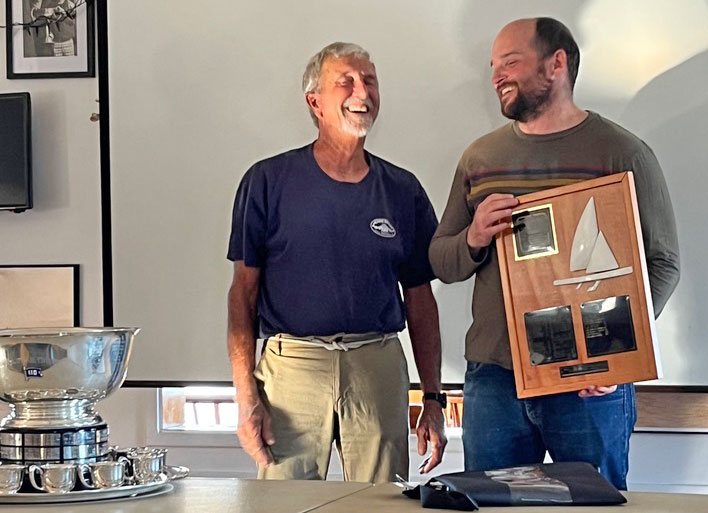
Third place went to David West and Bill Pearson, fourth to Bren Meyer and Erik Menzel, and fifth to Erik and Blake Bentzen from Poulsbo YC. The final results are available at www.invernessyachtclub.com/regatta/72P2tHQWY5/results.
Seven Seas Cruising Association’s Clean Wake Program
Cruisers choose to go cruising for all kinds of reasons. It offers adventures, exploration, growth and a fresh perspective on the world. While cruisers learn along the way, they also bring resources and support to many of their destinations. The Seven Seas Cruising Association, founded by six cruisers berthed in Coronado, CA, in 1952, has been a resource for cruisers since its inception. It is now in its 70th year of providing support for sailors who cruise and those who are still dreaming about slipping the dock lines and sailing over the horizon. With reduced COVID restrictions and an increasing ability to cruise, more people are joining SSCA as they return to expanding cruising horizons.
One of the guiding principles for the formation of SSCA was for cruisers to inform other cruisers about distant shores and “leave a clean wake” wherever they cruise. Leaving a clean wake meant, in the simplest of terms, to obey the authorities in the countries visited, pay one’s bills, and help the communities visited.
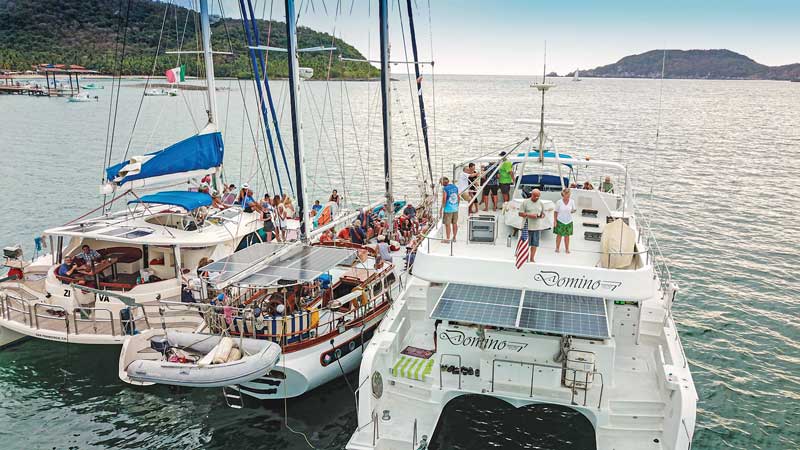
Most cruisers naturally follow the clean-wake philosophy without even realizing it. To help those who want to help further, SSCA has programs on a clean-wake list that present excellent opportunities for cruisers to contribute to local communities.
Many of these programs were formed by SSCA members as they sailed to harbors and found that the communities they visited could use some help. Members have delivered school supplies to isolated islands and communities around the world. Some have stayed for years in places that were hit hard by drastic weather and helped to rebuild the community.
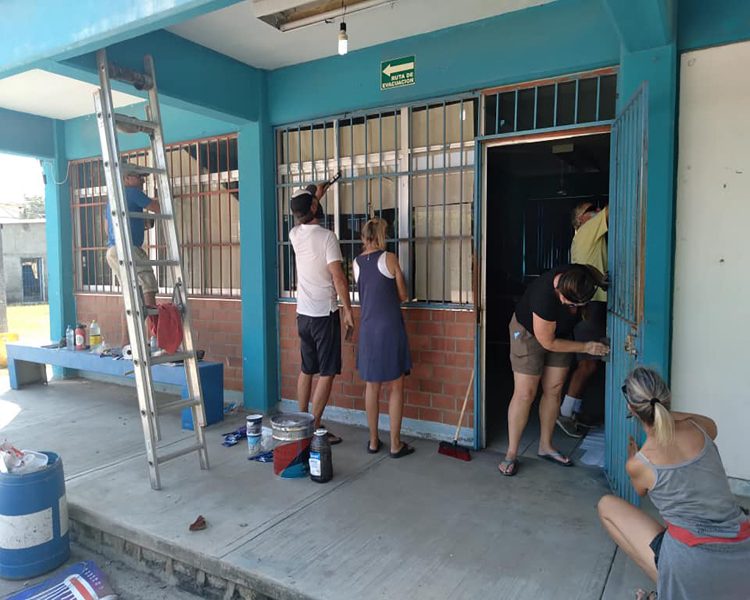
The Clean Wake programs support things like the Bay Islands Project in Honduras, the PAYS Mooring Field in the Dominican Republic, and the Friends of Rio Dulce in Guatemala. There are many more. You can see the full list here.
The SSCA will be represented in San Diego once again as Baja Ha-Ha cruisers and others arrive in late October, making final preparations for their sails south. There are many excellent seminars at Downwind Marine, the Baja Ha-Ha kick-off party at West Marine, and opportunities to connect with SSCA at Downwind and on the morning net. If you’re beginning or restarting your cruising life, the SSCA can help you and the communities where you land.
‘Workaholics Adrift’ — a Sailing Memoir by Judy McCandless
Photos Are a Good Sailing Memory, and Inspiration
When you go out sailing, how often do you pause to take a photo? We do it as often as we can, which makes sense as it’s part and parcel of being a sailing magazine: What good is a sailing magazine without sailing photos? But it’s not just us; we find that other sailors, and often non-sailors, like taking photos too. And that is evidenced by the hundreds of photos we’ve received for our monthly Sailagram feed since its inception at the start of 2021.
In January 2021, we shared 30 photos.
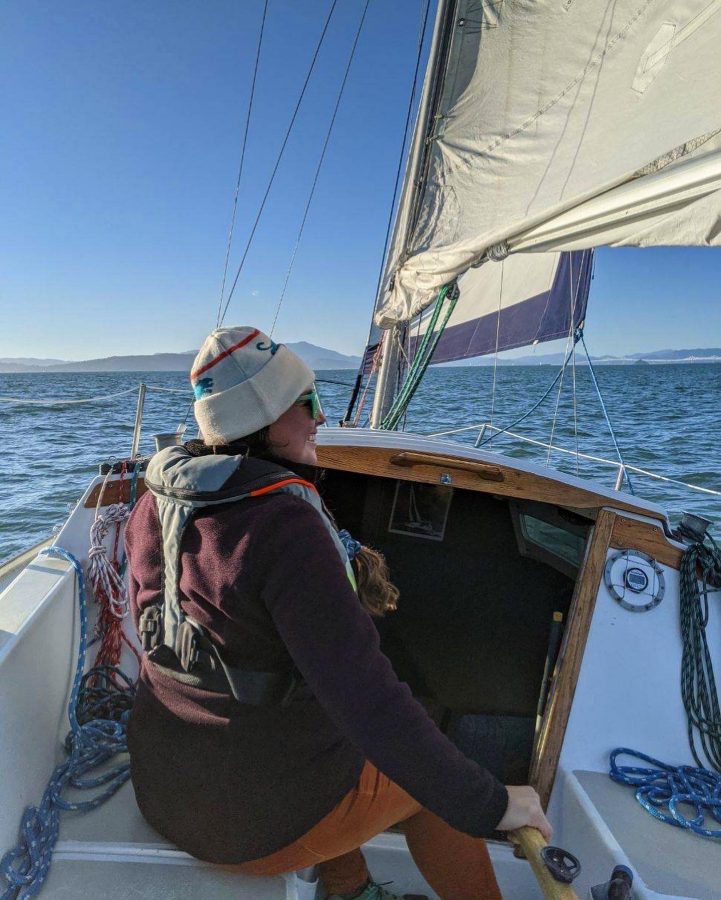
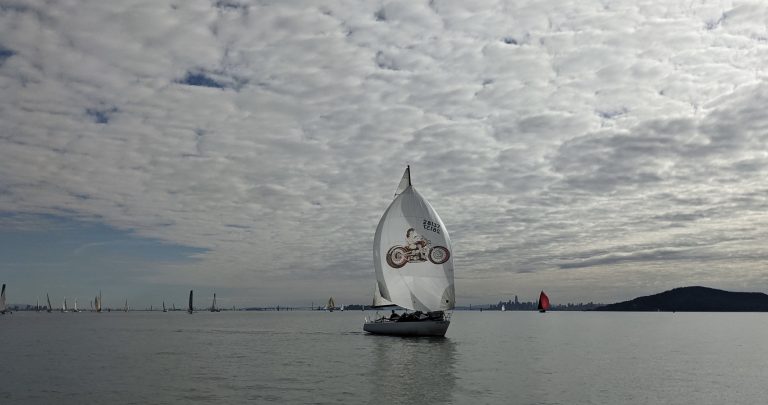
By the time February had passed and we published the March Sailagram, we needed five pages to show them all, and that trend has continued!
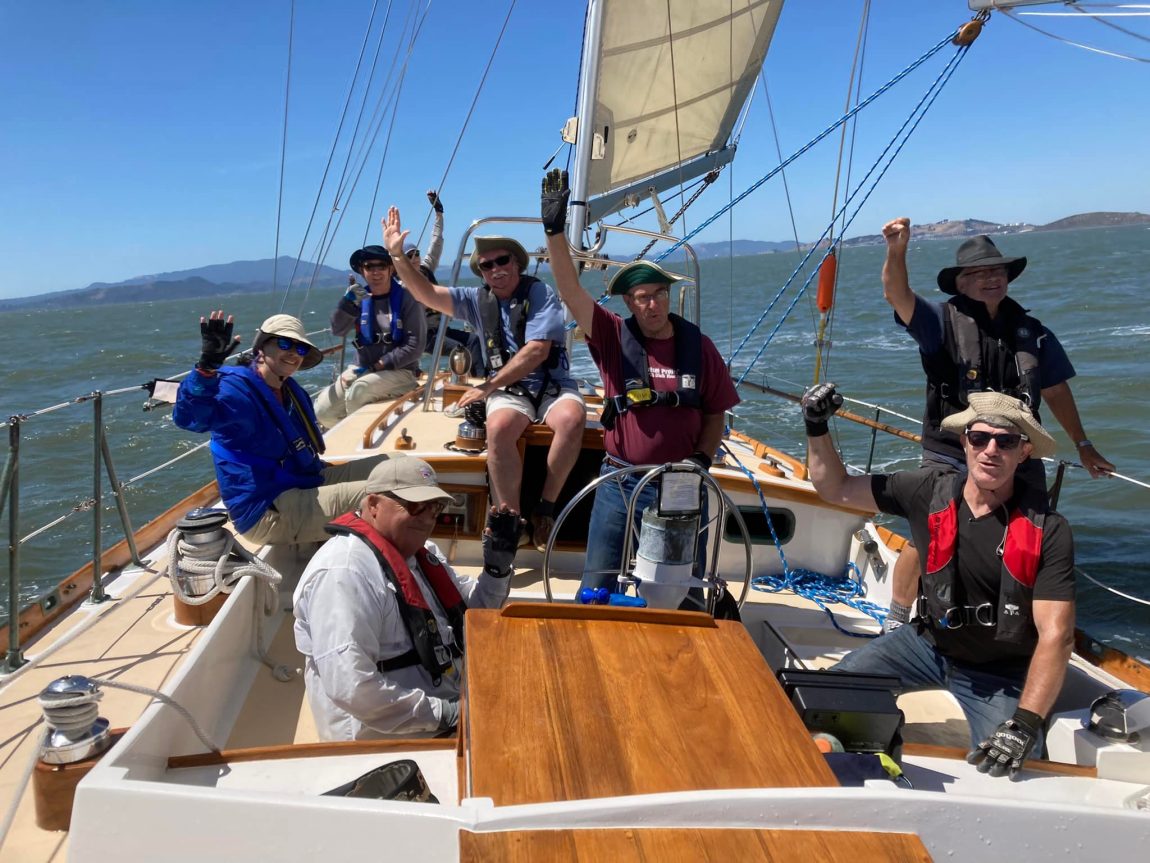

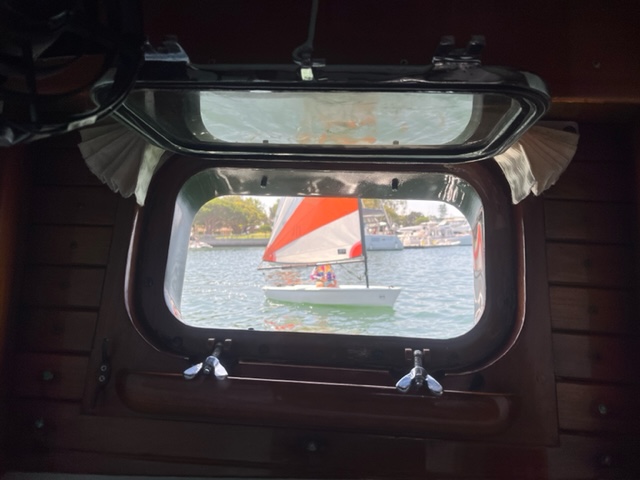
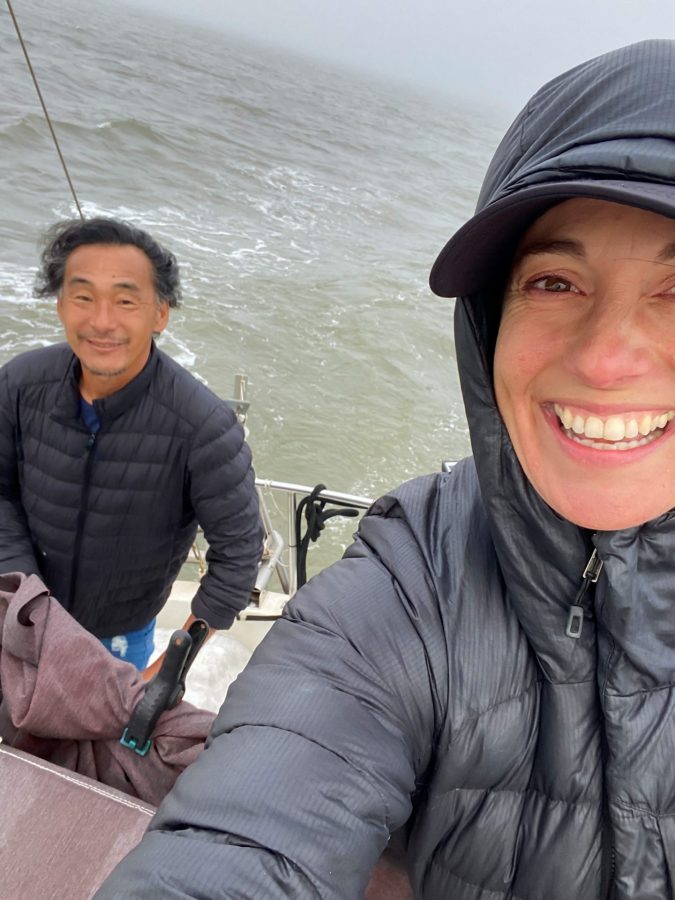
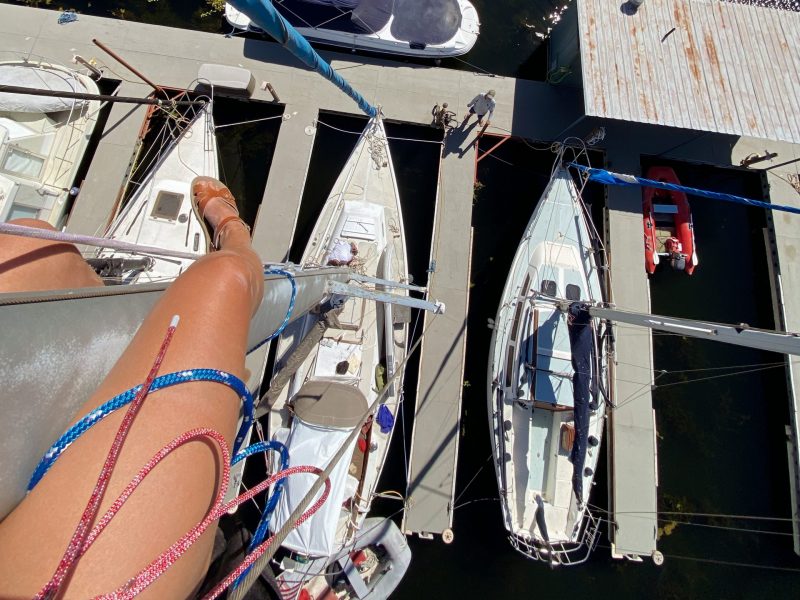
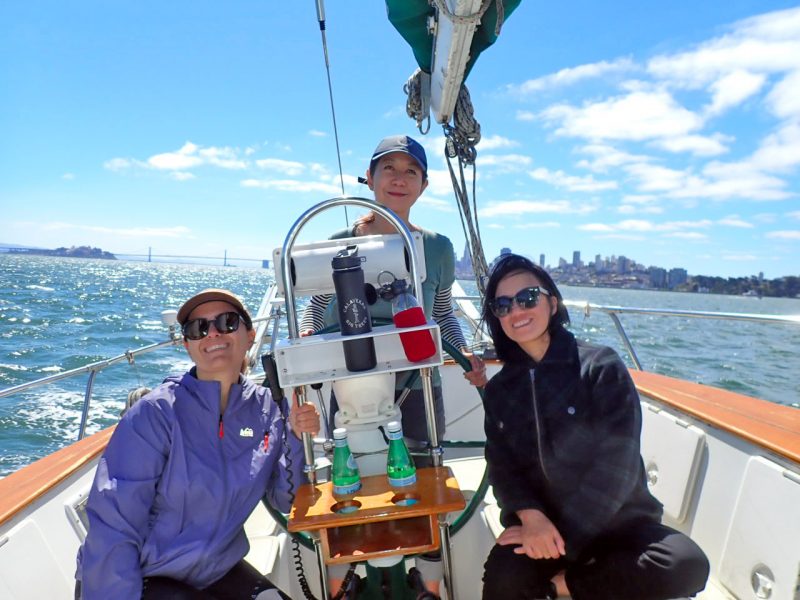
This Thursday’s Crew List Party is an ideal opportunity to get some land-based sailing snaps. Get your ticket for the party, bring your camera — OK, your phone — and take selfies with your new sailing friends. You can redo them on the water later…
Sausalito Community Boating Center Open House and Oyster Festival
Earlier this year it was the annual Herring Festival, and in two weeks’ time, on September 10, Sausalito Community Boating Center (SCBC) is hosting an open house, and the first-ever (mini-) Oyster Festival! The crew are taking this as an opportunity to celebrate and share news of their progress with the community, as they draw closer to being officially open.
“We’ve had a terrific year so far with a great many hands on deck, boats and dock, and we are getting ever so close to opening with your help! THANK YOU.”
The party gets started at 9 a.m. at Sausalito’s Dunphy Park and will feature salty sailor activities, live music by the Hot Clams (a Sausalito-based vintage jazz band with a repertoire of music from the ’20s through to the ’50s), food and drinks, and, of course, oysters!
The crew at SCBC have been working hard on completing the center and getting ready for the public. They’ve been building docks, building boats, and developing programming. They also run monthly Second Sunday work parties during which volunteers come together to help complete onsite jobs and tasks.
Here’s a video of the ramp installation that was completed in 2020.
SCBC’s mission is “to preserve a gathering place on Sausalito’s waterfront to engage and educate the public about our rich maritime history and small craft heritage through affordable direct experience.”
“We will offer waterfront education and recreation for all abilities through Sausalito Parks and Recreation. Maritime skills training on the water will target local youth and underserved community members. Experiential youth learning programs in collaboration with local schools will use a STEM (Science, Technology, Engineering and Math)-based curriculum.”
Put the date on your calendar and go along on to the Open House and (mini-) Oyster Festival Saturday, September 10, from 9 a.m. to 3 p.m at Cass Gidley Marina, Dunphy Park on Bridgeway, Sausalito, and help the center realize its mission. Plus, if you want to help prepare and run the event, or get the center completed, SCBC is looking for more volunteers. Send your inquiry to [email protected] “… or send your preferred message in a bottle — Thanks!”

